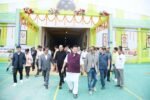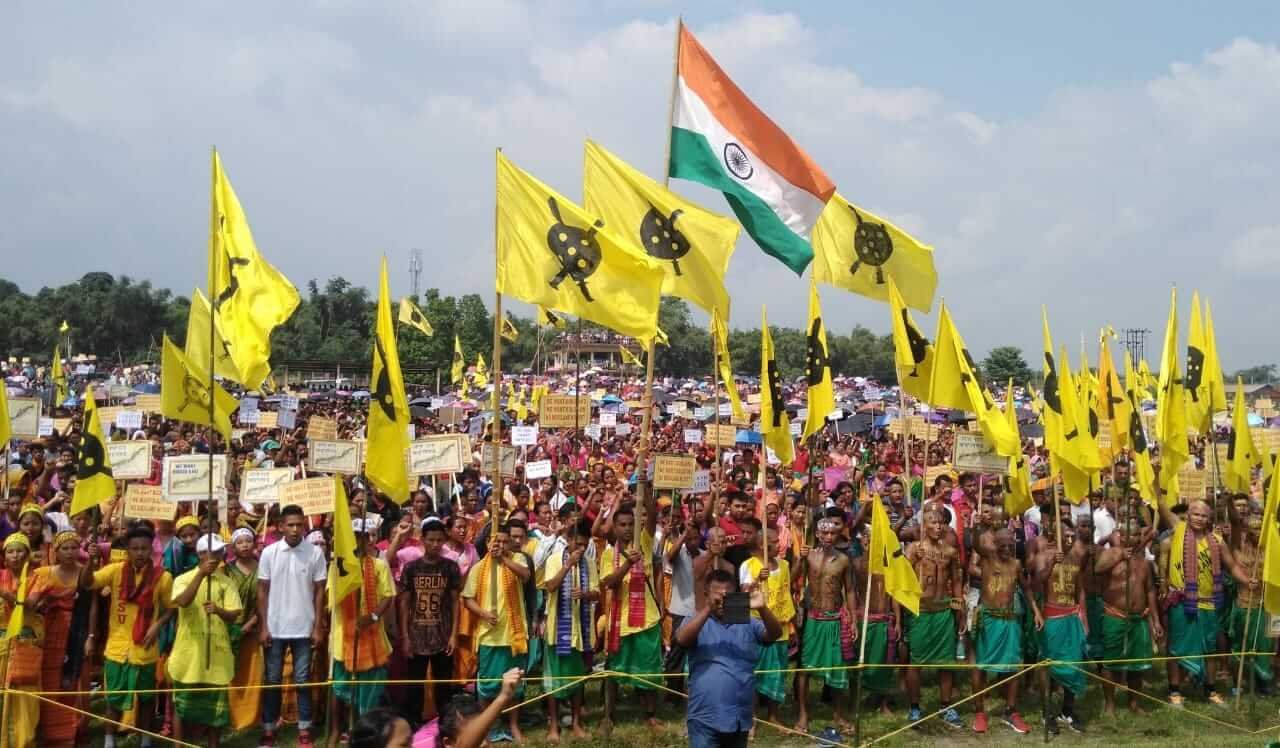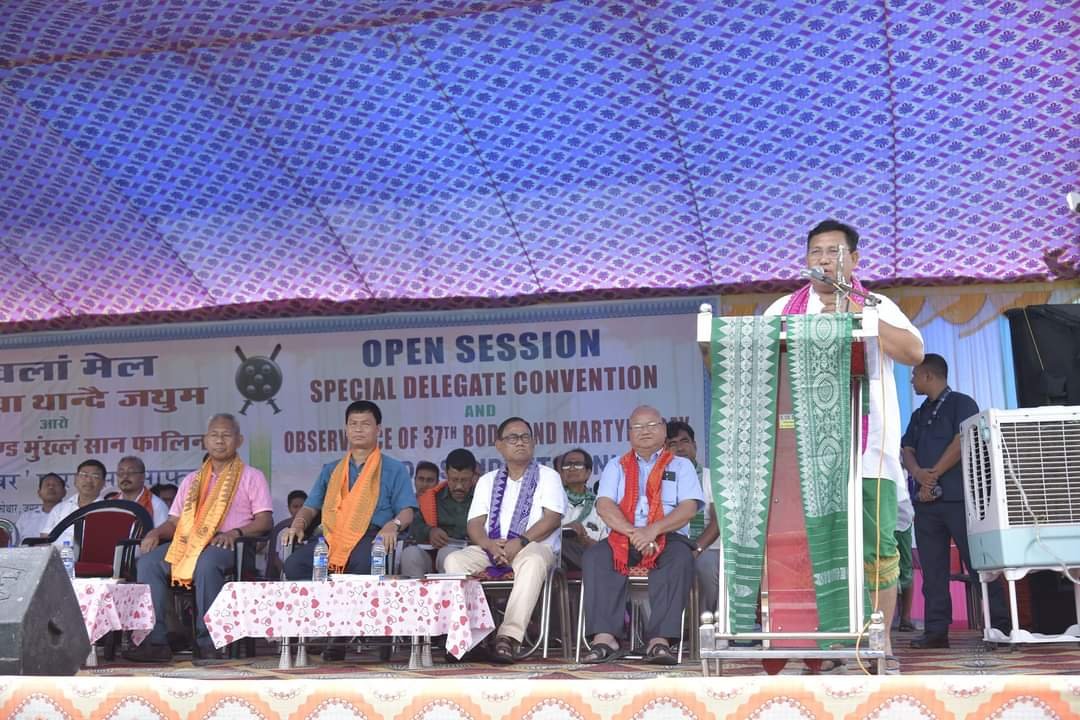HT Correspondent
KOKRAJHAR, July 9: A high-level delegation representing the Bodoland Territorial Region (BTR) and the All Bodo Students’ Union (ABSU) met Union Home Minister Amit Shah in New Delhi on Wednesday to press for the time-bound implementation of the Bodo Peace Accord signed in 2020.
The meeting, held at the Union Home Minister’s official residence on Krishna Menon Marg, was aimed at reviewing the progress of the agreement’s provisions and urging central intervention to expedite key commitments.
The joint delegation, comprising BTR Chief Executive Member Pramod Boro, Rajya Sabha MP Rwngwra Narzary, ABSU President Dipen Boro, and General Secretary Khanindra Basumatary, presented a set of demands to Amit Shah and held discussions on critical components of the accord, including constitutional, financial, and developmental assurances.
The delegation emphasised the need for immediate introduction and passage of the 125th Constitutional Amendment Bill during the upcoming Monsoon Session of Parliament, which begins on July 21.
Clause 4.3 of the BTR Accord specifically calls for the introduction of this amendment to Article 280 to address financial provisions relating to the Sixth Schedule area of Bodoland.
The delegation also reiterated the demand for granting Scheduled Tribe (Hills) status to Bodos residing in Karbi Anglong, as outlined in Clause 6.1 of the Accord, urging the government to implement this commitment without further delay.
Another key issue raised during the meeting was the inclusion of Bodo-majority villages in Sonitpur and Biswanath districts within the BTR jurisdiction.
Citing Clause 3.1(i) of the Accord, the leaders appealed for full inclusion of these villages to ensure administrative and cultural cohesion of Bodo communities.
In terms of financial commitments, the delegation demanded allocation of ₹1500 crore for the region’s educational infrastructure, including the establishment of major institutions such as a Central University, an NIT, and the North Eastern Regional Institute of Medical Sciences (NERIMS).
As per Clause 10.1, this funding is to be provided by both the Centre and the State Government for the rapid development of the BTR area.
The meeting also addressed the status of former members of the National Democratic Front of Bodoland (NDFB), including Ranjan Daimary.
In line with the reconciliation spirit of the Peace Accord, the delegation sought the release of six former NDFB members as part of the broader rehabilitation and reintegration process.
Furthermore, the leaders urged the Union Home Minister to initiate special paramilitary recruitment drives for Bodo youths as envisaged in Clause 10.2.
They discussed all six provisions under the clause related to employment generation for the youth in paramilitary and armed forces, highlighting the need for concrete timelines and transparent implementation mechanisms.
Speaking after the meeting, BTR Chief Executive Member Pramod Boro described the interaction as “cordial and fruitful” and welcomed Amit Shah’s assurance that immediate action would follow detailed deliberations.
He noted that since the signing of the Bodo Peace Accord in 2020, the region has witnessed growing peace and integration among communities, and that full implementation of the accord’s provisions would further consolidate these gains.
The Bodo Peace Accord 2020, the third agreement of its kind signed by the Government of India and Bodo representatives, aims at delivering political, economic and cultural rights to the Bodo people, along with comprehensive development of the region.
With several clauses still pending implementation, Tuesday’s meeting marked a renewed push from BTR and ABSU leaders to realise the accord’s promises within the current legislative and administrative framework.












